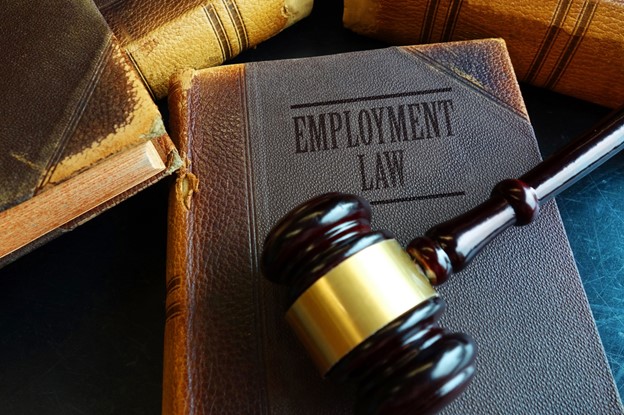The landscape of employment is undergoing a paradigm shift, notably in the gig economy, where freelance and contract work are replacing traditional full-time jobs. This change brings complex legal challenges to the forefront, particularly in defining the status and rights of gig economy workers. Kerwin Burl Stephens, Texas legal expert, offers deep insights into this evolving area. His expertise sheds light on the critical distinctions between contract employment and full-time employment status, pivotal in today’s labor market.
Defining the Gig Economy Worker
The gig economy has blurred the lines between traditional employment categories, creating a pressing need for legal clarity. The central question, as Kerwin Burl Stephens explicates, is whether gig economy workers should be classified as employees or independent contractors. This distinction carries significant implications for both workers and employers, impacting access to employment benefits and protections.
Key Legal Decisions
Across various jurisdictions, courts have grappled with this question, leading to landmark decisions that shape our understanding of the gig economy. Kerwin Burl Stephens Texas points to cases involving major gig economy players like Uber and Lyft, where decisions have varied significantly. In some instances, courts have ruled in favor of classifying these workers as independent contractors, while in others, they are seen as employees with rights to minimum wage, overtime pay, and other statutory benefits.
These decisions hinge on multiple factors, including the degree of control the company exerts over the worker, the permanence of the relationship, and the level of independence in the worker’s operation. Kerwin Burl Stephens emphasizes that these factors are not applied uniformly, leading to a patchwork of standards and protections for gig workers.
Contract Employment vs. Full-Time Status
- Rights and Protections: Kerwin Burl Stephens highlights a stark contrast in the rights and protections available to full-time employees versus gig workers. Full-time employees typically benefit from a comprehensive suite of protections, including health insurance, retirement benefits, paid leave, and unemployment insurance. In contrast, gig workers, often treated as independent contractors, may not be entitled to these protections, leaving them more vulnerable to economic instability.
- Economic Impact: The gig economy, while offering opportunities for flexibility and autonomy, can also lead to precarious working conditions. Kerwin Burl Stephens notes that this lack of stability and benefits can have profound economic impacts on workers, who may struggle with inconsistent income and lack of job security. This situation also raises broader economic questions about the sustainability of gig work as a long-term employment model.
- Legislative Responses: Legislative bodies have started to respond to these challenges. Kerwin Burl Stephens Texas draws attention to California’s Assembly Bill 5 (AB5), a groundbreaking piece of legislation aimed at reclassifying many gig workers as employees. This reclassification would extend to them the full array of employment protections. However, this legislation has been met with resistance and legal challenges from gig economy companies, who argue that such changes could undermine the flexibility and cost-effectiveness that define gig work.
Future Implications
The trajectory of the gig economy suggests that these debates will continue to be central in employment law. Kerwin Burl Stephens anticipates several future implications:
- Legislative Changes: More jurisdictions may introduce laws similar to California’s AB5, redefining employment status and extending protections to gig workers.
- Impact on Traditional Employment Models: The gig economy could exert pressure on traditional employers to offer more flexible work arrangements, potentially leading to a reevaluation of standard employment practices.
- Economic Security for Gig Workers: The need for new forms of social safety nets tailored to the unique circumstances of gig workers is becoming increasingly evident. Discussions about such reforms are gaining momentum.
The intersection of employment law and the gig economy presents a multifaceted challenge, as elucidated by Kerwin Burl Stephens. The legal landscape is in a state of flux, with significant implications for workers, employers, and the broader economy. Striking the right balance between the inherent flexibility of gig work and the need for fair labor standards and protections is crucial. As Kerwin Burl Stephens Texas asserts, the decisions and policies crafted in response to these challenges will shape not only the future of gig work but also the overall dynamics of the labor market and economic health. The role of legal professionals like Kerwin Burl Stephens in navigating these complex issues is more important than ever, offering guidance and clarity in a rapidly changing employment landscape.
